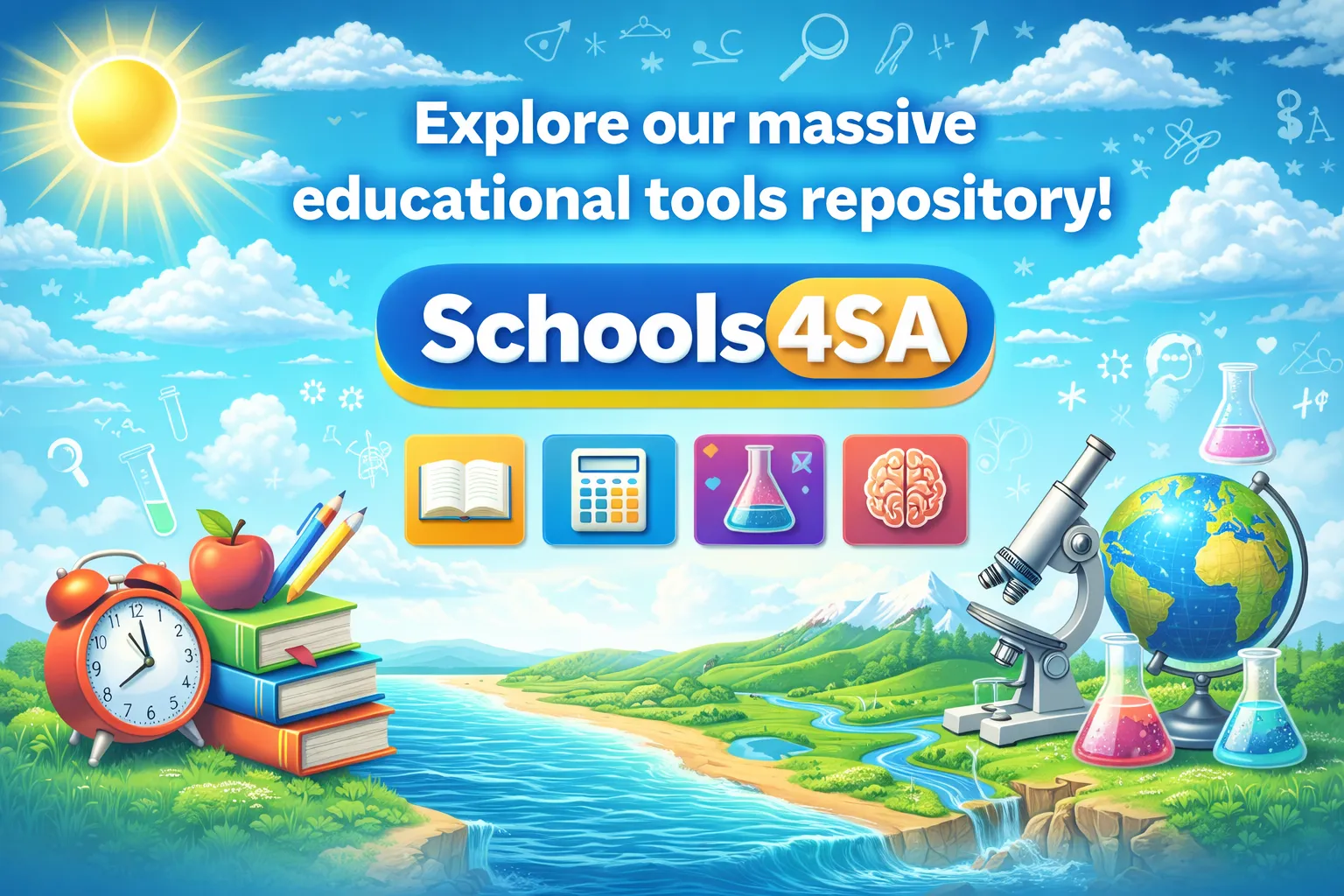About Leap Science And Maths School
<h1><strong>LEAP Science and Maths School</strong></h1>
<p>LEAP Science and Maths School started in 2004 with the aim of creating a model that could begin to address the inequalities in the South African education system. Our aim is to transform educationally disadvantaged communities in South Africa through mathematics and science focused education initiatives. The values-based framework of LEAP creates an empowering educational environment that enables each learner to develop fully as a human being with a positive, caring lifestyle and healthy work ethic.</p>
<p> LEAP consists of:</p>
<ul>
<li>3 LEAP Community Intervention Schools serving Langa, Gugulethu and Crossroads in Cape Town and Alexandra in Johannesburg</li>
<li>LEAP Teacher Training Programme</li>
<li>LEAP Learning Centre</li>
<li>LEAP Community Support and Social Development Programme</li>
</ul>
<p> LEAP actively seeks to share its innovation and entrepreneurial approach with other schools and contributes positively within the national education framework. LEAP is actively involved in the Historic School Restoration Project, the Independent Schools Association of South Africa (ISASA) Maths and English Programme and Teacher Training Programme and Bridge, an initiative aimed at promoting innovation in education in order to address implementation of the Development Bank of South Africa’s Roadmap for Education.</p>
<h1>LEAP Community Intervention Schools</h1>
<p>LEAP schools unlock the door to a bright future for children from South Africa’s townships by preparing them for tertiary study, success in their chosen career path and to be socially responsible citizens.</p>
<p>LEAP is unique in that it selects children from a specific community who have not had access to schooling outside of township schools with the majority of learners significantly behind the academic standard prescribed by their grade. Their educational deficits are actively addressed through the tailored LEAP model and they are given an opportunity to progress with maths, science and English at the highest levels, thereby substantially increasing their chances of entering and succeeding at tertiary studies. This community-specific focus is derived directly from our vision of transforming communities in South Africa.</p>
<p>LEAP community intervention schools are English language, full immersion, intervention senior secondary schools. It is our aim that each LEAP learner should pass Grade 12 with mathematics (not maths literacy), physical science and English. LEAP focuses on whole learner development and rigorous academic training. This is achieved through:</p>
<ul>
<li>Values-focussed life orientation as the cornerstone of educational advancement</li>
<li>A family-structure method of interaction within the school community</li>
<li>Small class and school sizes</li>
<li>Increased overall contact time between teachers and learners</li>
<li>Double contact time in key subject focus areas (science, maths and English) </li>
<li>An extended school day (08:15 to 17:15)</li>
<li>Partnering with established successful schools</li>
<li>A strong community outreach programme</li>
</ul>
<p>Each student is required to study seven subjects: compulsory subjects are mathematics, physical science, English and mother tongue at first language level (isiXhosa / isiZulu / Sesotho / Sepedi), life orientation and two subjects are chosen from computer application technology, IT, business studies, accounting, life science and geography. Sport and cultural activities form part of the structured weekly programme.</p>
<p>LEAP is a community-focused intervention initiative with each school serving a specific community and drawing its learners from this community. There are currently three LEAP Science and Maths Schools serving the communities of Langa and Gugulethu in Cape Town and Alexandra in Johannesburg.</p>
<p>Since opening in January 2004, LEAP has achieved remarkable success with a 91% Grade 12 pass rate in the national senior certificate examinations and 74% of our graduates are currently pursuing tertiary studies. Our first tertiary graduation took place in March 2010.</p>
Quick Facts
Recent News Highlights


January 14, 2025
Cape Town developers launch Technical Engineering Faculty initiatives at Western Cape schools
Read More →

















